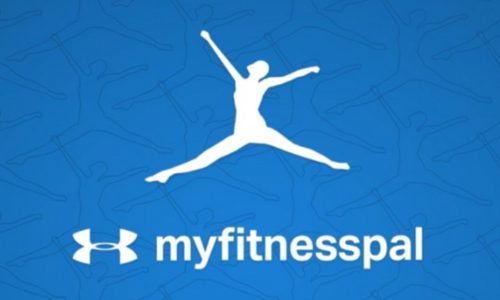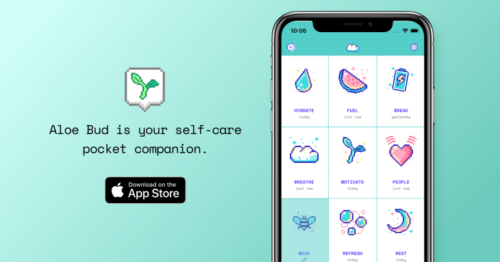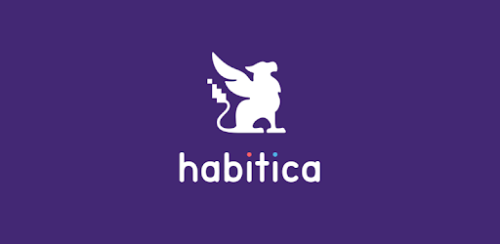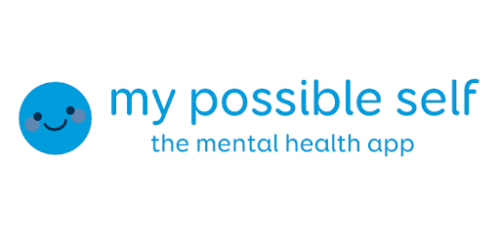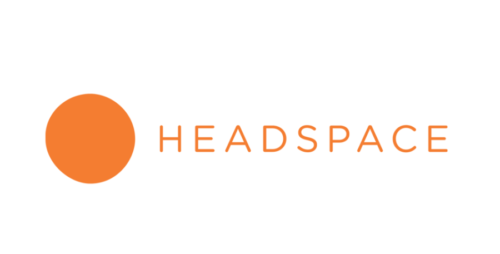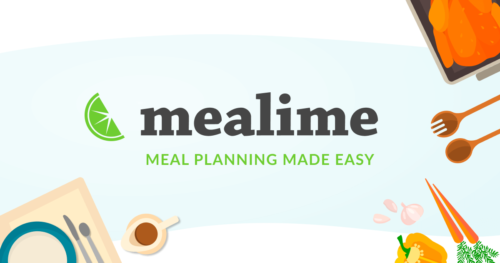
INTRODUCTION
The cost of health is going up rapidly, the only way to stop and lower the cost is through preventative health care.
But what does it mean? It means that you need to take health into your own hands and really work hard towards not getting sick! How can this be done?
In a busy modern world, it’s important to remember to look after our base needs as humans. We need healthy food, we need to feel safe and we need to rest. It’s very easy to lose sight of these primal requirements when we’re surrounded by technology, and leading hectic lives.
Effective Ways of Practicing Self-Care
Self care is especially important for those with stressful jobs. Having a good self care routine will also help nurture your good relationships with others. Imagine a “care cup” – it’s important to keep our care cup topped up. You may have heard the phrase “ you can’t pour from empty.” While it may sound cliche, there’s a lot of truth in this phrase. If we are not taking the time to look after ourselves and are stressed, tired, overwhelmed, you are much less likely to have the resilience to cope when times are tougher
- Sleep
- Better Nutrition
- Supplementation
- Physical Activity
- Less Stress
Sleep
 Most people need around 7-8 hour of quality sleep to function healthily, so this should be a priority. The body not only needs sleep to regenerate and create energy but it’s also processing everything that has happened that day. This is important from a self care and mental health perspective. Our capacity to manage our emotions dramatically diminishes when we’re not getting enough sleep. Sleep is truly a cornerstone human health – there’s even studies that show there are more heart attacks on the days when the clocks skip forward!
Most people need around 7-8 hour of quality sleep to function healthily, so this should be a priority. The body not only needs sleep to regenerate and create energy but it’s also processing everything that has happened that day. This is important from a self care and mental health perspective. Our capacity to manage our emotions dramatically diminishes when we’re not getting enough sleep. Sleep is truly a cornerstone human health – there’s even studies that show there are more heart attacks on the days when the clocks skip forward!
Self Care Tips: Go to bed an hour earlier than usual and read book rather than scrolling through your phone. For extra special self care, sprinkle some lavender oil on your pillow!
Better Nutrition - Have a Healthy, Nutritious diet
 As with all elements of self care, your diet is about balance. Aiming to eat healthily is not about trying to lose weight or trying to look a certain way. It’s about listening to your body and understanding what it needs to be nurtured.
As with all elements of self care, your diet is about balance. Aiming to eat healthily is not about trying to lose weight or trying to look a certain way. It’s about listening to your body and understanding what it needs to be nurtured.
Fat diets, junk food and binge drinking are all part of the culture of instant gratification, that is not sustainable. A sugar high will inevitably lead to a crash and a fad diet will almost always lead to you feeling worse, rather than better about your body. If you listen to what your body wants, most of the time it will be craving nutritious, vitamin rich foods – as well as the occasional cookie!
Self Care Tips: Treat yourself to a night in trying out new, healthy recipes. Make it an enjoyable activity that you’re excited about rather than a laborious task.
Physical Activity - Exercise Regularly
 The physical benefits of exercise have long been recognized. However, in recent years the positive impact it has on your mental health has become more widely understood. Even if the idea of the gym makes you want to hide under the covers, you won’t regret getting active.
The physical benefits of exercise have long been recognized. However, in recent years the positive impact it has on your mental health has become more widely understood. Even if the idea of the gym makes you want to hide under the covers, you won’t regret getting active.
30 minutes of physical activity a day is enough to get endorphins running around your body and give you a sense of achievement – both great for self care.
Self Care Tips: Don’t force yourself to do something you hate, find an activity that puts a smile on your face. Dance around your kitchen to your favorite song, take a brisk walk in the woods or do some skipping!
Less Stress - Take time away from work
 Whilst technology has undoubtedly made our lives – both professional and personal – easier, it comes with its drawbacks. In a modern world where we are constantly connected, it can be hard to shut off, even after leaving the office.
Whilst technology has undoubtedly made our lives – both professional and personal – easier, it comes with its drawbacks. In a modern world where we are constantly connected, it can be hard to shut off, even after leaving the office.
For the increasing amount of people joining the gig economy and working for themselves, this balance is even harder to strike. Set clear boundaries with your managers and clients, so they don’t expect you to respond to emails at weekends. Working and looking at your screen late in the evening will disrupt your sleep. It’s important to set aside a few hours evening that are dedicated to screen free activities.
Preventive Healthcare and Future Trends
Healthcare industry is one of the largest industries in the world. Estimated at between five to six trillion dollars, spending just on products and services pertaining to the heart is larger than all costs in the automotive industry. Healthcare costs are rising astronomically and the trends are leaning toward prevention. Several new, and some not so new, healthcare options have become more popular and accessible in recent years.
Cryotherapy
In Roman times, plunging into frigidarium baths or swimming in ice cold water stimulated the body’s natural response to cold reducing inflammation and swelling. Today, athletes use ice packs, climb into ice baths, and even endure frigid air being blown on areas of pain. “Cryosaunas” are now the rage for use in the home and by biohackers. A recent article in the Daily Mail describes how Hugh Jackman is taking part in a session with minus 200 degrees Fahrenheit inside a glass chamber. Nitrogen vapor is sprayed onto the skin activating the immune response. Other benefits are seen when used for debilitating conditions such as Fibromyalgia, arthritis and chronic bronchitis.
Precision Medicine
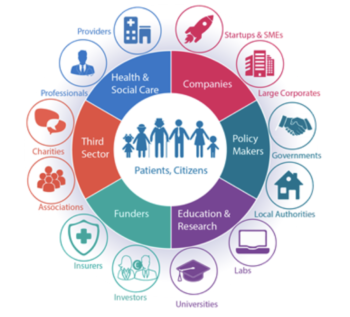 The concept of precision medicine isn’t new. An example is a blood transfusion matching a blood donor’s type. However, the term is new and healthcare seems to have veered away from using a patient’s specific information and uses a “one-size-fits-all” way of treating. New to this trend is Pharmacogenomics, or designing a drug treatment based on the genomics (study of genes) of the individual’s condition and pharmacology (the science of drugs) to effectively provide specific treatment. The Precise Medicine Initiative was established in 2015 to encourage researchers to study how an individual’s lifestyle, environment and genetics can play a large part in prevention and treatment.
The concept of precision medicine isn’t new. An example is a blood transfusion matching a blood donor’s type. However, the term is new and healthcare seems to have veered away from using a patient’s specific information and uses a “one-size-fits-all” way of treating. New to this trend is Pharmacogenomics, or designing a drug treatment based on the genomics (study of genes) of the individual’s condition and pharmacology (the science of drugs) to effectively provide specific treatment. The Precise Medicine Initiative was established in 2015 to encourage researchers to study how an individual’s lifestyle, environment and genetics can play a large part in prevention and treatment.
Health Monitoring Devices
Taking the trend of wearable fitness devices, the healthcare community is seizing the opportunity to obtain accurate readings from unbiased, patient-generated data to develop a strategy for preventative care. Early detection is the key and analyzing the end results helps future generations. The use of drones in construction areas, patches, inserting chips and crystals, swallowing digital pills and more on the horizon of this burgeoning field can provide information by tracking and recording instead of manually obtaining sometimes inaccurate vital statistics. The prohibitive costs are the only shortcoming at the present time, but the evidence is there for the use of smart health gadgets to monitor patient health.
Robotic Surgery
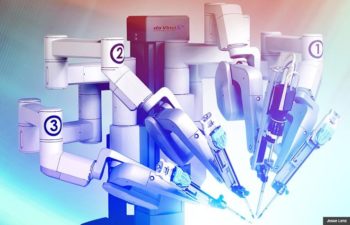 This technique was approved by the Food and Drug Administration in 2000 and has rapidly become a trend in hospitals in the United States and Europe. Complex procedures are performed with more precision, control and flexibility using a minuscule incision. It is estimated that over 1200 total robotics networks will be installed by 2020. The typical system uses a camera arm and mechanical arms with surgical instruments. Benefits of using robotic surgery include:
This technique was approved by the Food and Drug Administration in 2000 and has rapidly become a trend in hospitals in the United States and Europe. Complex procedures are performed with more precision, control and flexibility using a minuscule incision. It is estimated that over 1200 total robotics networks will be installed by 2020. The typical system uses a camera arm and mechanical arms with surgical instruments. Benefits of using robotic surgery include:
- Lower chance of infection
- Fewer possible complications
- Faster recovery
- Less and smaller scarring
- Shorter hospital stays
3D Printing for Organ Transplants
Eliminating donor lists, waiting time and less chance of rejection, the relatively new trend in 3D printed human tissue and, eventually, organs is now a reality. BioBots announced in 2014 that it printed a replica of Van Gogh’s ear. 3D printing is the future of organ transplanting. At present, tissue and some organs, prosthetics and anatomical models are printed. Research is ongoing for artificial organs such as hearts, livers and kidneys.
Managing Better Health
Sure all of this now sounds like a lot of work, but technology can be the saving light in all of this. Apps such as CareClinic enable patients to track and manage their symptoms along with many other modalities, to help simplify the process of optimizing health. The idea is not novel, and is popular amongst longevitists (or the anti-aging community). I urge you to share what tools, apps, technologies or hacks you are using to prolong your health.
About Careclinic:
Living busy lives we quickly learned that people forget to follow their treatment plan which leads to a lower quality of life and increased costs. Non-adherence leads to countless other problems and affects everyone, we wanted to design a platform that people would actually use and one that would allow friends and family to help keep their loved ones on track.
We are a small team based out of Toronto, Canada trying to help those that are using our app to manage their condition or those using it for preventative purposes.
We want to make managing self care easier for you! Visit Careclinic - https://careclinic.io/about/







 Cryotherapy
Cryotherapy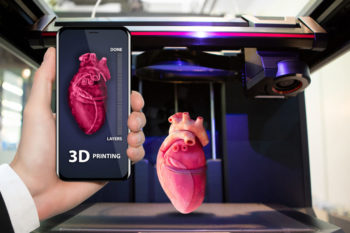 3D Printing for Organ Transplants
3D Printing for Organ Transplants